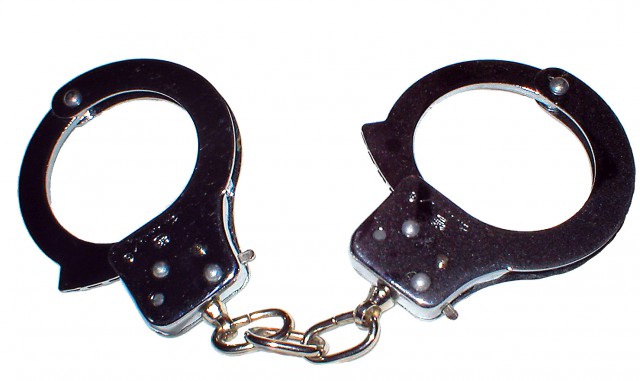
The “shackling bill,” SB 193, has gained the support of the Department of Corrections (DOC) and appears to be headed to the House for approval next week in light of compromises struck today by the bill’s House sponsor, its proponents and DOC officials.
The last-minute compromises have prompted the DOC to officially endorse the bill.
SB 193, which was approved by the Senate on Wednesday, was prompted by an investigation and Feb. 18 article by Boulder Weekly Editor Pamela White about the shackling of inmates during labor and delivery. White has also been involved in drafting and lobbying for the bill.
The bill’s House sponsor, Rep. Claire Levy, D-Boulder, told Boulder Weekly that she met this afternoon with DOC
officials and proponents of the bill, hammered out a compromise, and
gained support for the bill from the DOC, which had previously been
neutral on the legislation.
According to Levy, the new
version would require correctional officers to use the least restrictive
restraints necessary — and no shackles or waist restraints — during
transport to and from the medical center and during postpartum recovery.
The
amended legislation would also require inmates to be notified in writing of
their rights under the bill “in a language and manner that is understandable to the
inmate,” Levy said. She added that if the inmate were illiterate, the
notification would be done orally.
Language entitling
prisoners to have a medical professional present for the strip search that occurs upon return to prison
remains in the new version, Levy said, but the part about it being meant
“to ensure that the strip search is conducted in a manner that neither
increases the inmate’s risk of infection nor causes the inmate
unnecessary pain or discomfort” was removed.
“It’s a great bill,
and I’m happy to be carrying it,” Levy said. “I look forward to it
being passed unanimously by the House.”
The changes represent compromises on amendments the DOC had secured on Thursday. DOC officials had convinced Levy to amend the legislation so that pregnant inmates in labor would remain shackled during transportation to and from the medical facility and during postpartum recovery in the hospital. (The original version ruled out shackling at those times and during labor and delivery, with only a few exceptions.)
The DOC had also secured the removal of provisions requiring that pregnant inmates be notified on multiple occasions — in writing and orally, and in their primary language — of their rights under the bill. The bill was amended so that women would be notified once, in writing, but not necessarily in their primary language.
Another disputed section was the part allowing an inmate who has just given birth to have a prison medical staff member present during the strip search conducted upon her return to jail.
Joanie Shoemaker, deputy director of corrections, told Boulder Weekly that the DOC’s concerns about having inmates unshackled during transportation and postpartum recovery revolved around providing enough security during a period when there is a high risk of flight.
“Transportation is always a concern, because that’s our most vulnerable time,” she said.
As for notifying inmates of their rights and the DOC’s processes, Shoemaker said that can be a security issue as well, because an inmate can plan an escape more easily if she knows exactly when she’ll be unshackled, for instance.
She pledged that the DOC would not abuse the exceptions listed in the bill for when women may be shackled during labor and delivery.
“Our intent is to honor the legislative intent of this bill and not restrain during labor and delivery,” Shoemaker said. “We’re going to have an exception now and then, but it will be pretty rare.”














